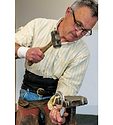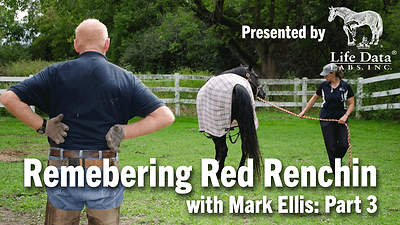Advertise Follow Us
Clients
Hoof Beats
Conformational Corrections in Foals
Hoof-care professionals and horse owners can resolve early developmental issues through team approach
Read More
Hoof Nutrition Intelligence
Can eating seeds and seedlings from maple trees be dangerous to my horses?
Read MoreHoof Nutrition Intelligence
Is there any new information you can share in regards to preventing or treating laminitis?
Read MoreResearch Journal: December 2020
The information, ideas and opinions expressed are those of the author and do not necessarily represent those of the United States Department of Agriculture.
Read More
Upper Body Straightness is Key to Jumper Success
Wisconsin farrier relies on rockers and a two-plane approach to trim
Read More









